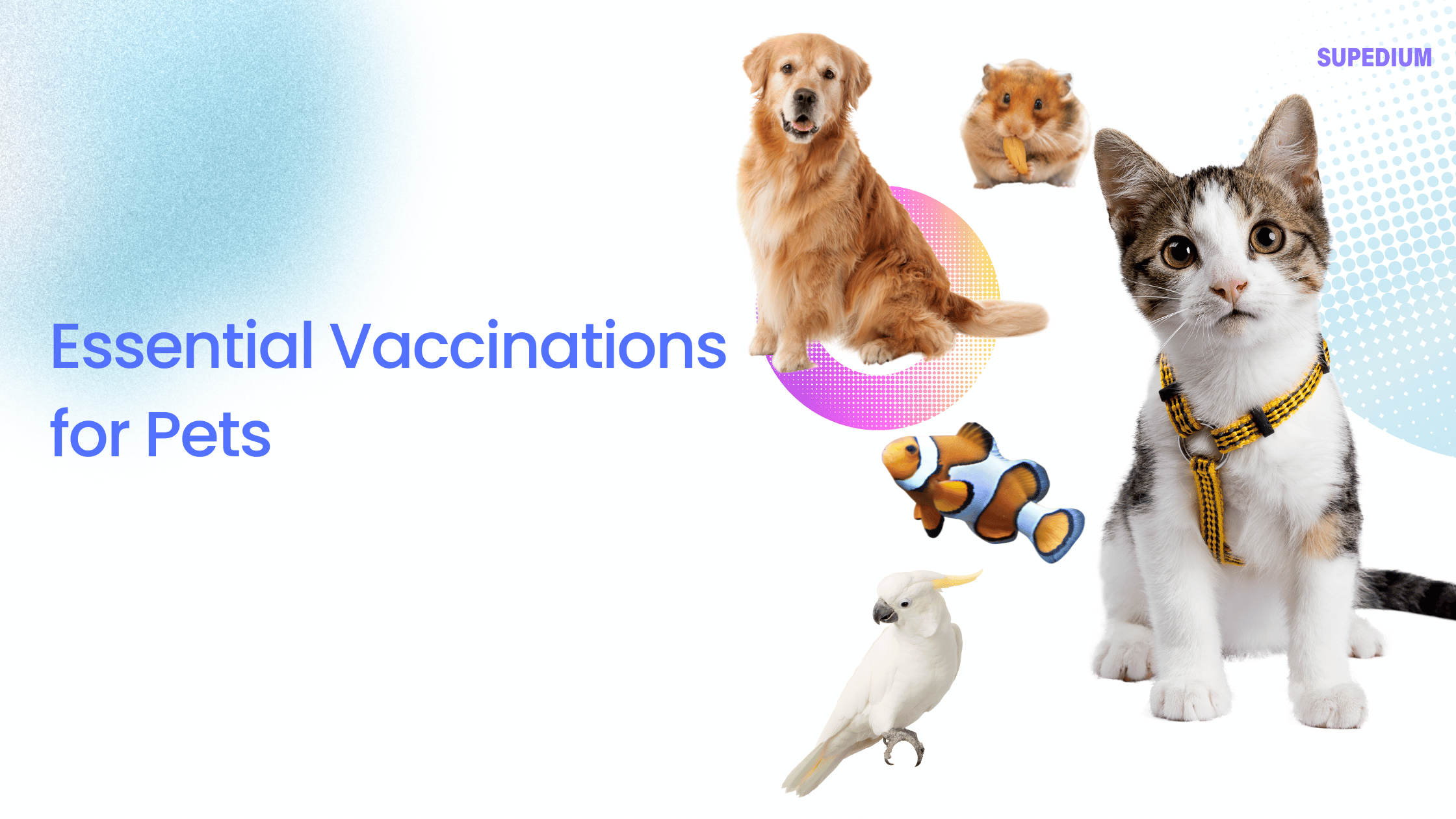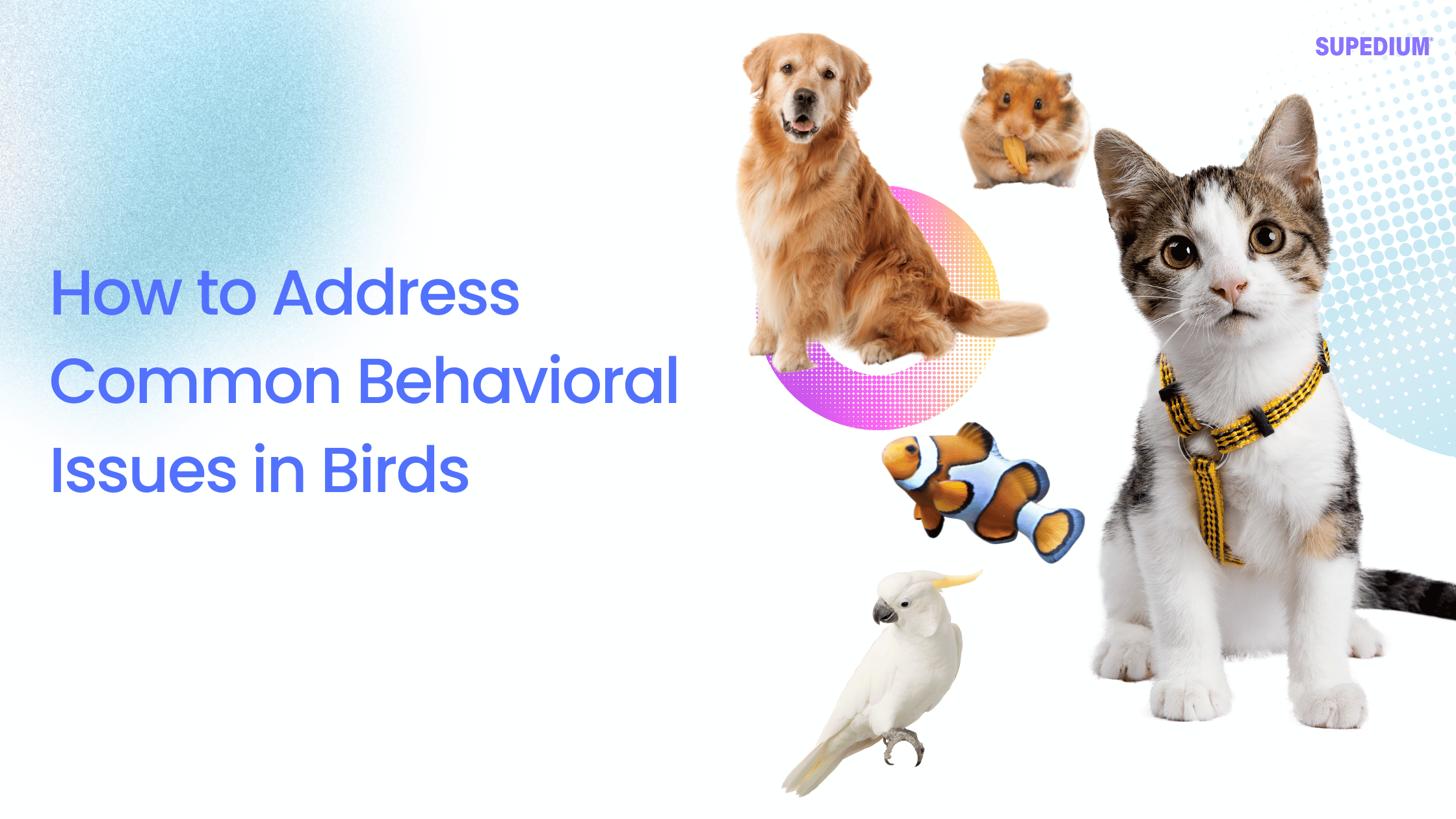Table of Contents
![]()
Introduction
Vaccinations are a vital component of responsible pet ownership, playing a crucial role in safeguarding the health of pets and the community at large. By vaccinating our pets, we protect them from a variety of infectious diseases, contribute to public health, and help maintain herd immunity within the pet population. This article will delve into the essential vaccinations for both dogs and cats, outlining the types of vaccines, recommended schedules, and factors influencing vaccination decisions.
Understanding Vaccinations
What Are Vaccinations?
Vaccinations are medical preparations that help protect animals from specific infectious diseases. They work by stimulating the immune system to recognize and fight pathogens, such as viruses and bacteria, thus preventing illness.
Types of Vaccines
Vaccines can be classified into two main categories: core and non-core vaccines.
- Core Vaccines: These are essential for all pets, as they protect against widespread and severe diseases.
- Non-Core Vaccines: These are recommended based on a pet’s lifestyle, geographic location, and risk factors.
Core Vaccinations for Dogs
Distemper
Canine distemper is a contagious viral disease that affects a dog’s respiratory, gastrointestinal, and nervous systems. It is transmitted through respiratory secretions and can lead to severe symptoms, including fever, coughing, and neurological issues. Puppies are typically vaccinated against distemper in a series starting at six to eight weeks of age.
Parvovirus
Canine parvovirus is a highly contagious virus that primarily affects puppies, causing severe gastrointestinal symptoms. Transmission occurs through contaminated feces. The disease can be fatal, particularly in young dogs. Vaccination is usually given in a series, starting around six weeks of age, and is crucial for preventing outbreaks.
Adenovirus (Canine Hepatitis)
Infectious canine hepatitis is caused by the adenovirus and primarily affects the liver. Symptoms include fever, vomiting, and abdominal pain. Vaccination against this virus is typically included in combination vaccines, starting at six to eight weeks of age.
Rabies
Rabies is a viral disease that can affect any mammal, including humans. It is transmitted through bites and can be fatal once symptoms appear. Vaccination against rabies is not only essential for your pet’s health but is often legally required. Puppies usually receive their first rabies vaccine at around 12 to 16 weeks of age.
Core Vaccinations for Cats
Feline Panleukopenia
Feline panleukopenia is a highly contagious viral disease that can lead to severe gastrointestinal issues and can be fatal, particularly in young kittens. Vaccination is typically given starting at six to eight weeks of age.
Feline Herpesvirus and Calicivirus
These two viruses are the primary causes of upper respiratory infections in cats. Symptoms can include sneezing, nasal congestion, and oral ulcers. Vaccination is recommended as part of a combination vaccine, beginning at a young age.
Rabies
Like in dogs, rabies is a significant public health concern for cats. It is transmitted through bites and can be fatal. Vaccination against rabies is legally required in many areas, with the first shot generally given around 12 to 16 weeks of age.
Non-Core Vaccinations
Dogs
- Bordetella bronchiseptica (Kennel Cough): This highly contagious respiratory disease is often contracted in social settings like dog parks and boarding facilities. Vaccination is recommended for at-risk dogs, particularly those frequently around other pets.
- Lyme Disease: Transmitted by ticks, Lyme disease can lead to serious health issues. Vaccination is advised for dogs that spend significant time outdoors in tick-prone areas.
- Leptospirosis: This bacterial disease can affect both pets and humans. It is often contracted through contact with contaminated water or soil. Vaccination is recommended for dogs at higher risk.
Cats
- Feline Leukemia Virus (FeLV): This virus is a leading cause of illness and death in cats. Vaccination is especially important for outdoor cats or those living with other infected cats.
- Feline Immunodeficiency Virus (FIV): Similar to HIV in humans, FIV affects a cat’s immune system. Vaccination may be recommended based on lifestyle factors.
- Chlamydia: This bacterial infection can cause conjunctivitis in cats. Vaccination is generally recommended for cats at higher risk, particularly in multi-cat households.
Factors Influencing Vaccination Protocols
Age of the Pet
Vaccination schedules vary depending on the age of the pet. Puppies and kittens require a series of vaccinations to build immunity, while adult and senior pets may need booster shots based on their health and lifestyle.
Health Status and Pre-existing Conditions
Pets with certain health issues may have modified vaccination protocols. It’s crucial to consult with a veterinarian to tailor a vaccination plan that suits your pet’s needs.
Lifestyle and Exposure Risks
The lifestyle of your pet significantly influences the types of vaccines needed. Indoor pets may require fewer vaccinations compared to outdoor pets that face more exposure to infectious agents. Consider travel and boarding plans as well, as these can also necessitate additional vaccinations.
Vaccination Myths and Misconceptions
Despite the clear benefits of vaccinations, many myths persist. Some pet owners worry that vaccines can cause autism or other severe side effects, which has been thoroughly debunked by scientific research. Education and open discussions with veterinarians can help alleviate these concerns and promote responsible pet health practices.
Conclusion
Vaccinations are an essential part of maintaining the health and well-being of pets. They not only protect individual animals but also contribute to the larger community’s health by preventing the spread of infectious diseases. Pet owners are encouraged to consult with their veterinarians to establish a comprehensive vaccination plan tailored to their pets’ specific needs.
Share This





Be the first to comment